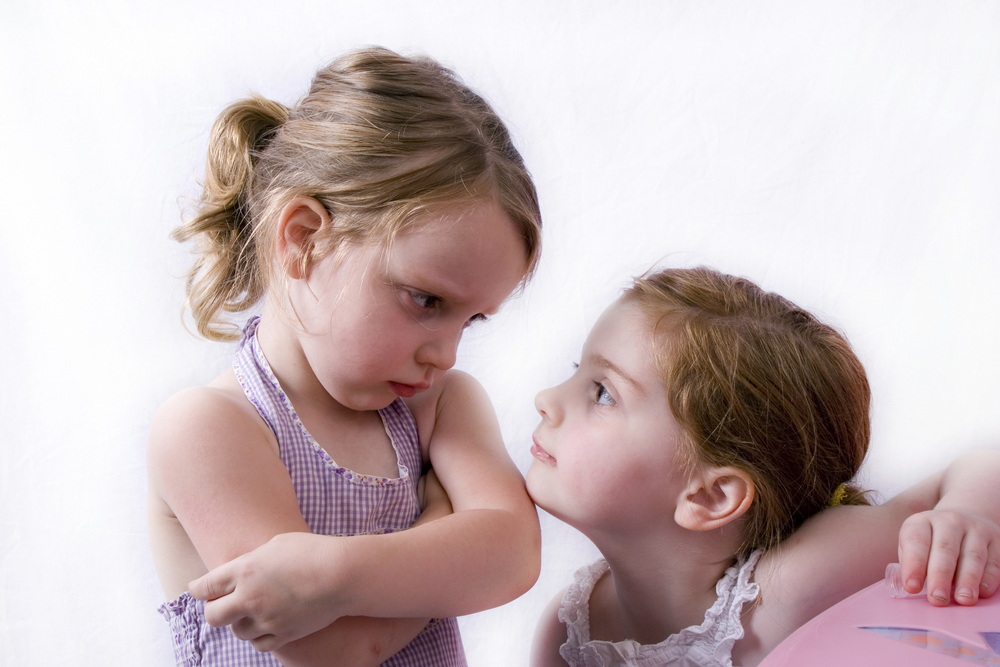Debra Kessler, Psy.D.
 A licensed clinical psychologist who specializes in the care of children and their families, Dr. Kessler has an active practice in Montrose, California. In a family centered manner, she treats a range of developmental and emotional issues including adoption/attachment difficulties, bipolar disorder, anxiety, depression, autism/Asperger’s syndrome, ADHD, learning challenges, regulatory difficulties and other issues that interfere with children reaching their potential.
A licensed clinical psychologist who specializes in the care of children and their families, Dr. Kessler has an active practice in Montrose, California. In a family centered manner, she treats a range of developmental and emotional issues including adoption/attachment difficulties, bipolar disorder, anxiety, depression, autism/Asperger’s syndrome, ADHD, learning challenges, regulatory difficulties and other issues that interfere with children reaching their potential.
To Learn More Visit drdebrakessler.com
Articles
Teaching our children to be accountable for their behavior and be considerate of others provides a valuable life skill. This is a two-step process: 1) Take responsibility for one’s behavior and how it affects the other. This requires both awareness of one’s own feelings and those of another without making excuses or blaming 2) Make efforts to repair, fix or make amends.
 How to Approach Learning Challenges with your Child
How to Approach Learning Challenges with your Child
As loving parents, we want the best for our kids. I find this to be a helpful metaphor for learning challenges. Learning challenges are unseen “misalignments” that can derail our children’s school experience, hijack their sense of self and limit them from reaching their academic, emotional and career best.
 Our Goal to keep our Kids Happy?
Our Goal to keep our Kids Happy?
Many times in my office parents say their goal is for their child to be happy. As a therapist, I have to wonder if being happy is really what we want? When are our children happy? When they get a birthday present; get a cookie they wanted; win at a game. The the truth about life is that when the umbilical cord is cut, life does not always deliver pleasant surprises and isn’t always easy.
 Stuck: A Life Lesson on Parenting
Stuck: A Life Lesson on Parenting
As parents, we have the challenge of looking into our own responses to our children as they tackle disappointments, frustrations, hurt and anger. Probably one of the biggest challenges we face is how we tolerate our child’s distress, knowing how to respond to it: when to intervene, when to be present but passive, supporting our children in managing their own struggles. Ultimately, each has to learn the steps to move through the dance of life allowing each partner to move forward and grow.
 Nerf Guns – What Are We Afraid Of?
Nerf Guns – What Are We Afraid Of?
For the holidays I gave a Nerf gun to my 8-year -old nephew. He was delighted. It was his first Nerf gun. He took great joy in taking aim at the window, door or any place where he was allowed to shoot. It was the first time I saw genuine spontaneous pleasure cross his otherwise polite and reserved face. Unfortunately, it will probably be his last Nerf gun. His father, as we were departing from the gathering, made it clear that he did not like toy guns and did not want them in his house.











Leave a Reply
You must be logged in to post a comment.